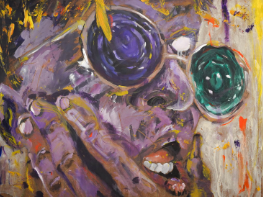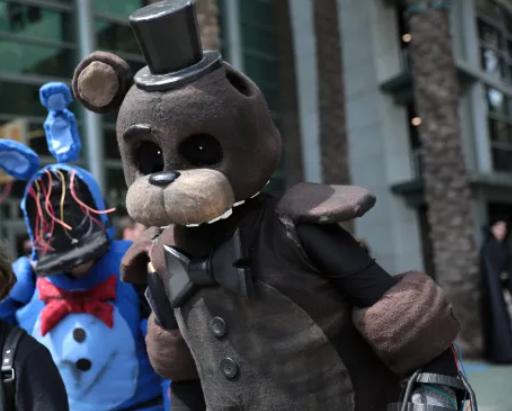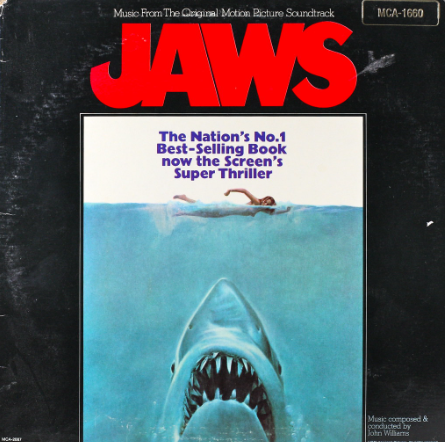Fans stir controversy as they try to appreciate different content

CREATIVE COMMONS PHOTO BY MELLIE RENE
Fans can express their appreciation for their favorite content through art, writing, and other media. Photo licensed under “35 – Get Ready, Get Set, Write” by MellieRene4 is marked with CC BY-NC 2.0. https://creativecommons.org/licenses/by/2.0/
May 20, 2022
Writing fan fiction allows fans to express their creativity while also exploring characters and content outside of their origin media.
Collectively, fan fiction and other types of fan-made content, such as fan-art and fan- edits, can boost the popularity of various different types of media and even provide an escape from day-to-day life, all by expanding upon a closed world to give it even more life. Fans can even find friends who enjoy the same media as them through fan-made work.
Sophomore Molly Arcara of Red Bank believes sharing content online can bring people together, especially in providing a creative outlet for them to find common ground in bonding over the media.
“I think fan-media has an impact on how people view a piece of content because it kind of shows how all of the fans and the people affected by a specific piece of content care about this media,” Arcara said.
Occasionally, fans can ultimately have a larger impact than intended when it comes to sharing content. One fan fiction, Heat waves, was created by user tbhyourelame on Archive of Our Own, a popular fan fiction sharing website, and was created to put together two Minecraft YouTubers romantically. This was based off of a song, written by the band Glass Animals and was about
According to Vice, when it was updated, so many fans rushed to the website that it crashed and was down for several hours. The fan fiction even caused the song “Heat waves,” by the band Glass Animals, which it was named after, to win “Best Song of 2020” by the popular Australian radio station Triple J.
Many writers create fan fiction because they wish to see more content from the worlds they enjoy, whether it be a movie, TV show, book, etc. or because they want to see their favorite characters in different situations than would be depicted in their original stories.
Junior A Kopec of Oceanport started writing fan fiction because they wanted to see what the characters of a series would do with other challenges.
“The pieces I write are normally [alternate universes] of what could’ve happened if something else had gone on during the story,” Kopec said. “And it just evolves from there.”
Fans can make or break a piece of content. If someone unfamiliar with the story sees something odd or unsettling about a fan work, such as unusual art or fan fiction, they may become uninterested in further exploring the original work.. The fan content can impact viewers’ experience with a story.
Freshman Ishika Pondicherry of Marlboro explains that fans can sometimes ruin pieces of content and can make viewers want to stop watching, even if the content is enjoyable.
“I definitely think that fan media has an impact on how people view a piece of content,” Pondicherry said. “I know that if a fan base is questionable, even though the content is fine it definitely affects the view people will have on the content.”
This can be harmful to the creators, because if fewer people view the media they created, there’s a lesser chance of them making money or in the case of a television show, getting renewed for more seasons.
“I usually look at a piece of content, and nine times out of 10 I’ll think it’s cool whereas one time out of 10 I’ll think ‘What is this?!’ when I see it,” Kopec said. “But then usually I would have to look up what it’s from and depending on where it’s from, I’d see it as good or bad.”














